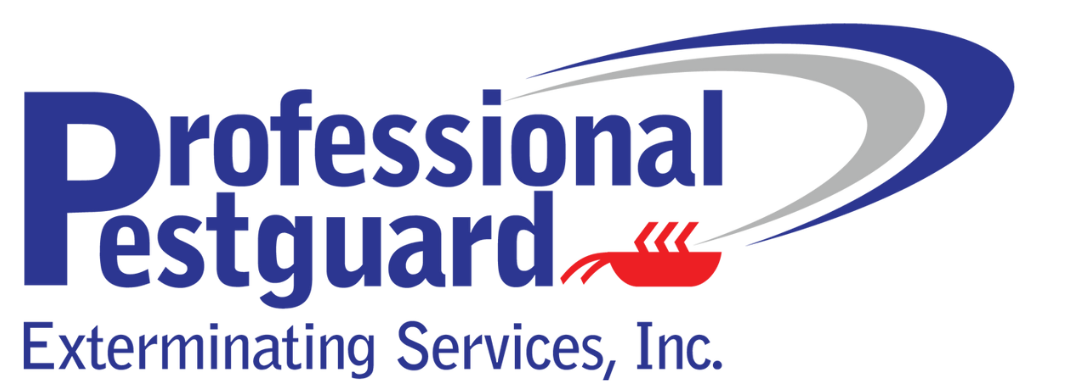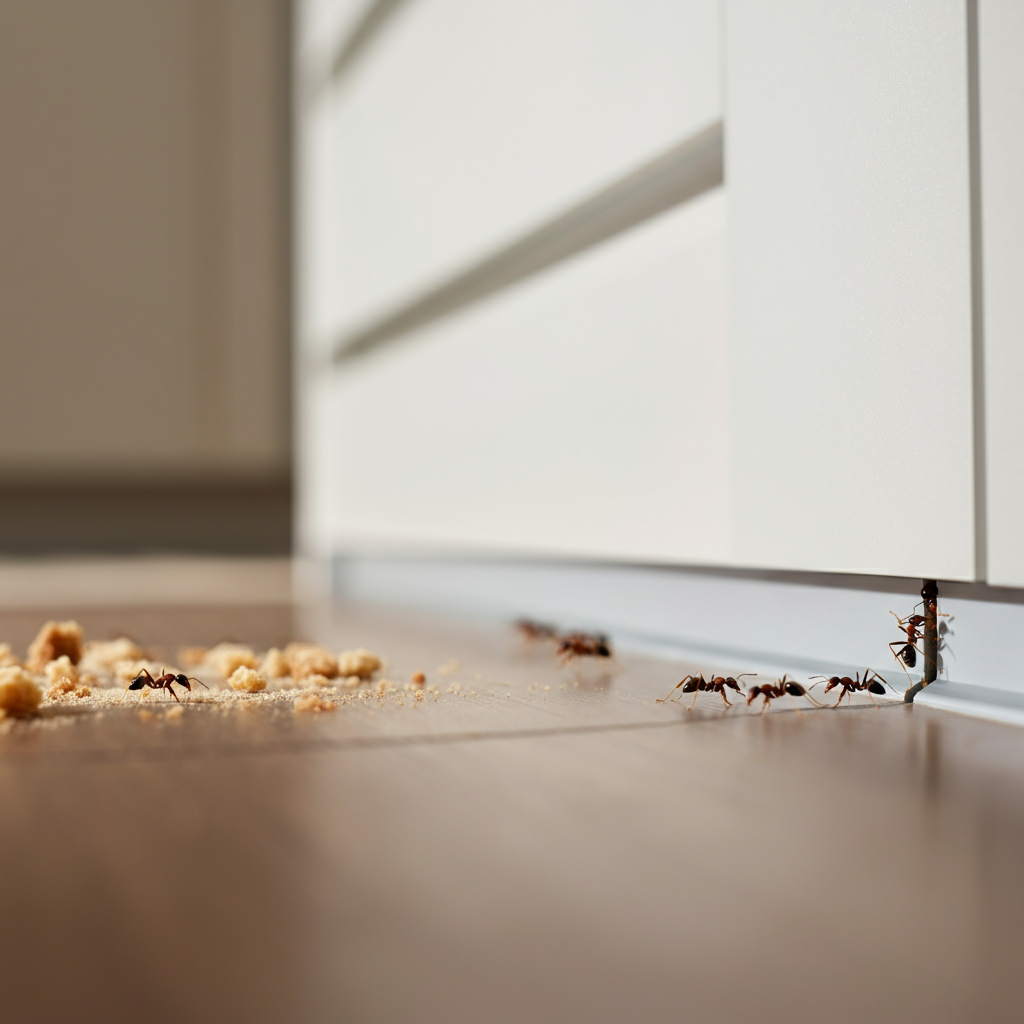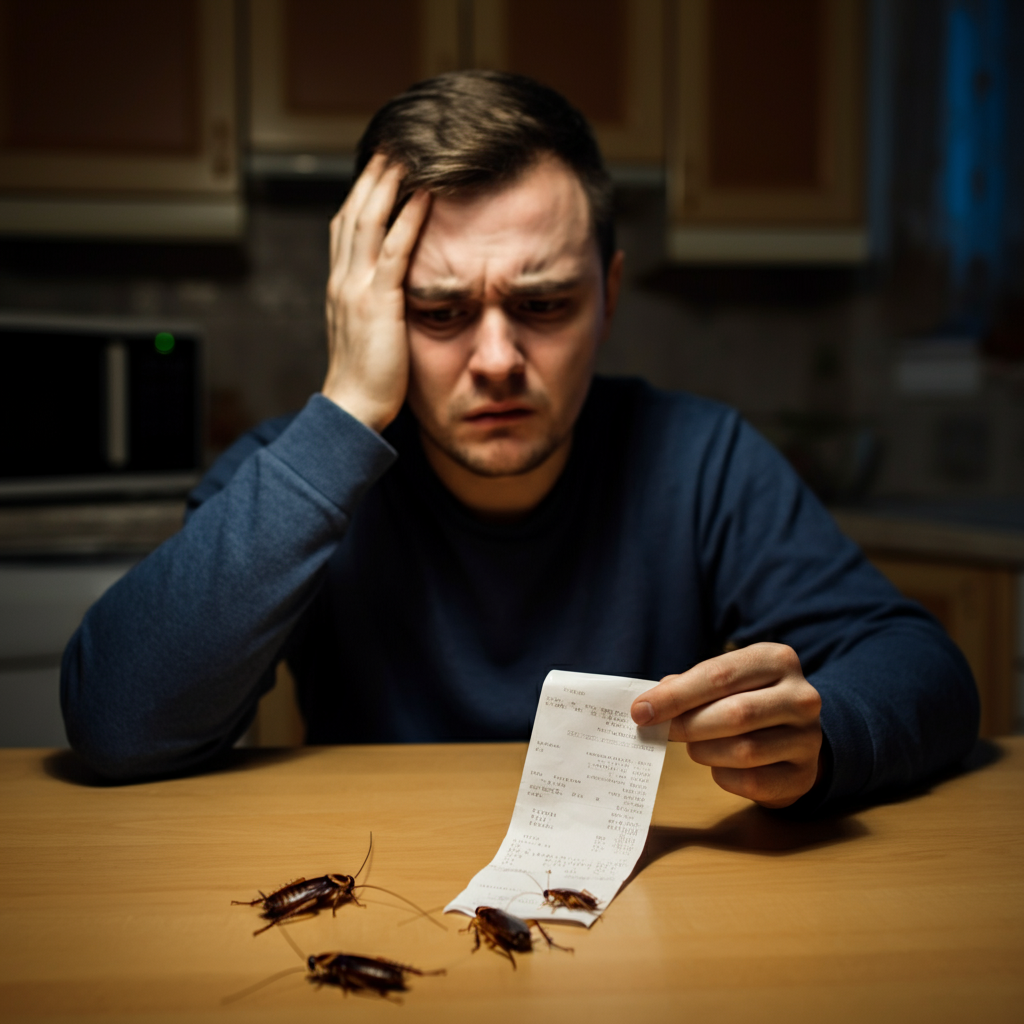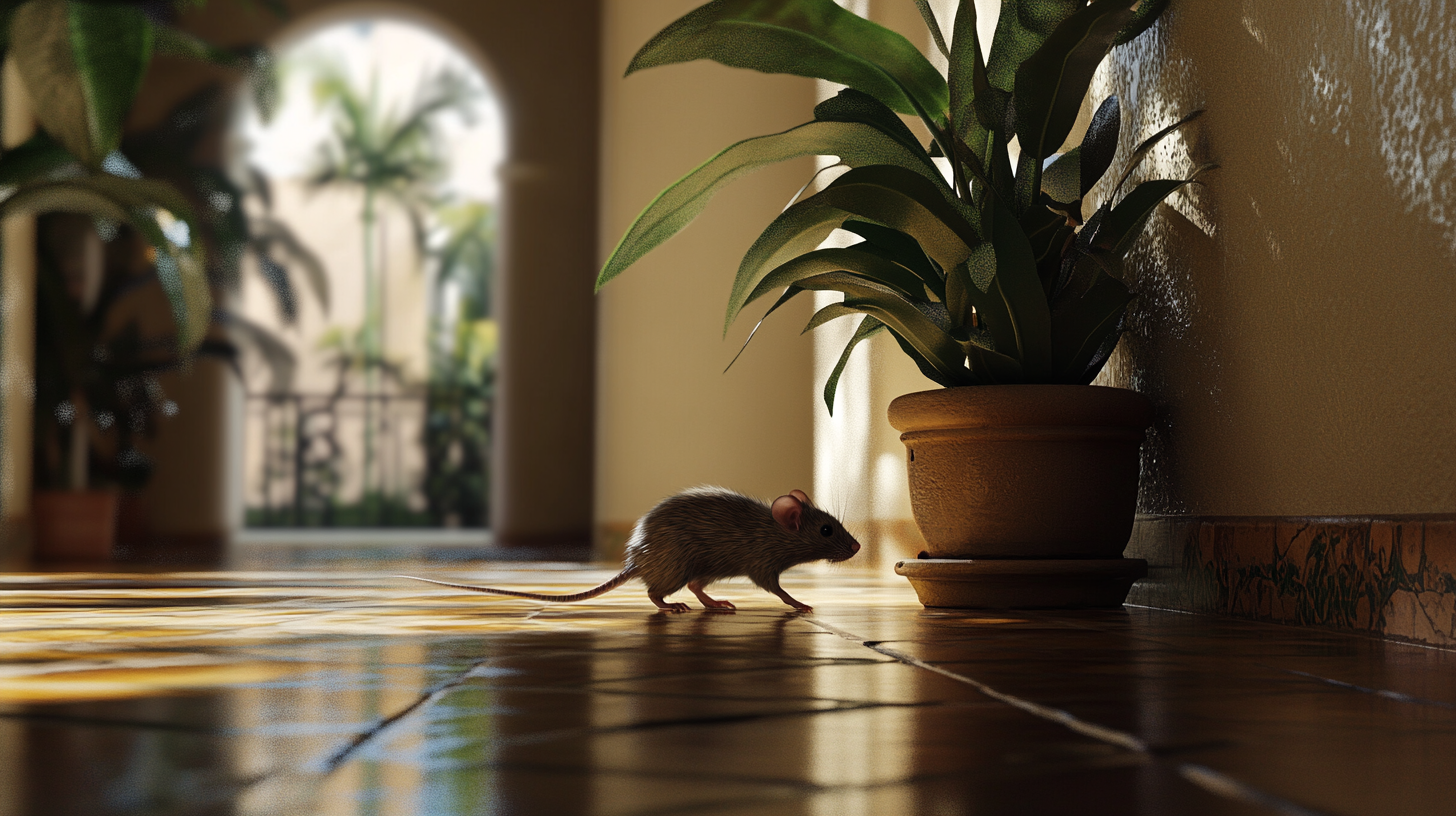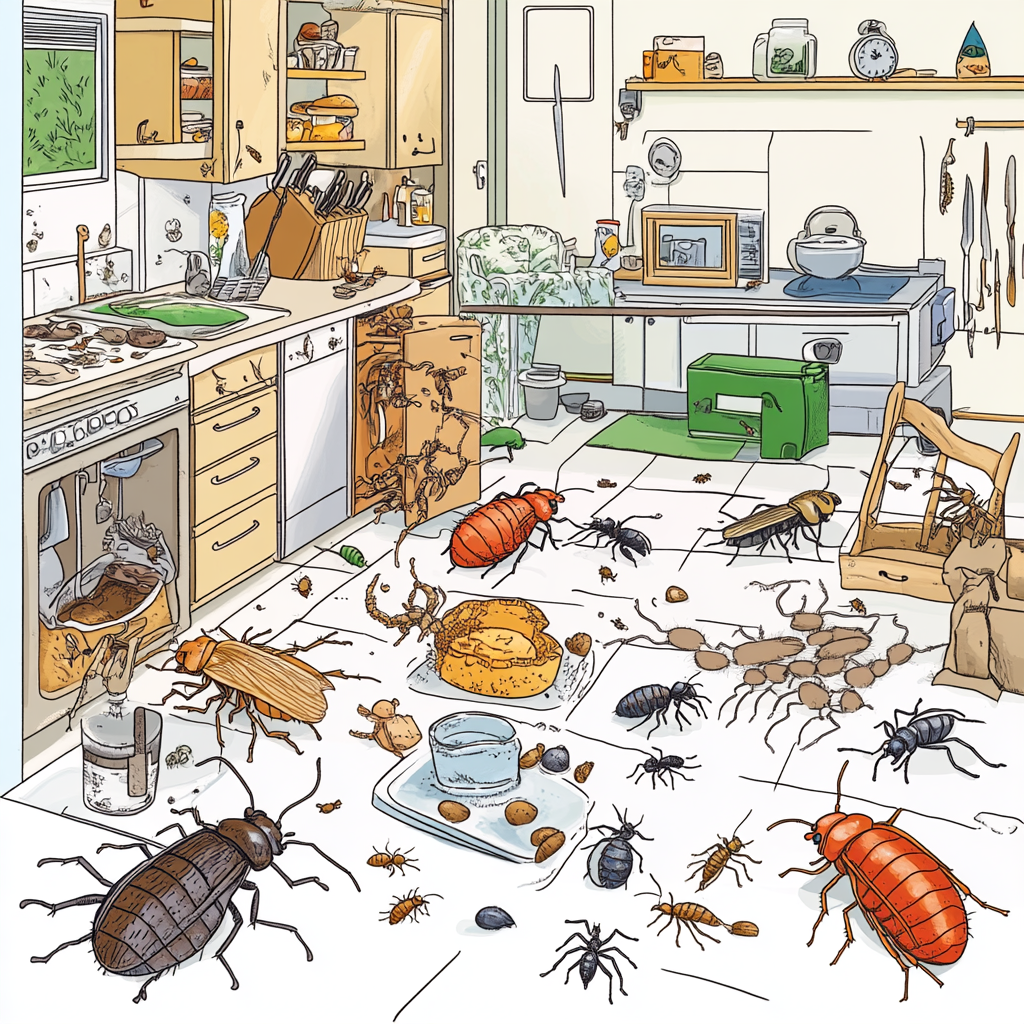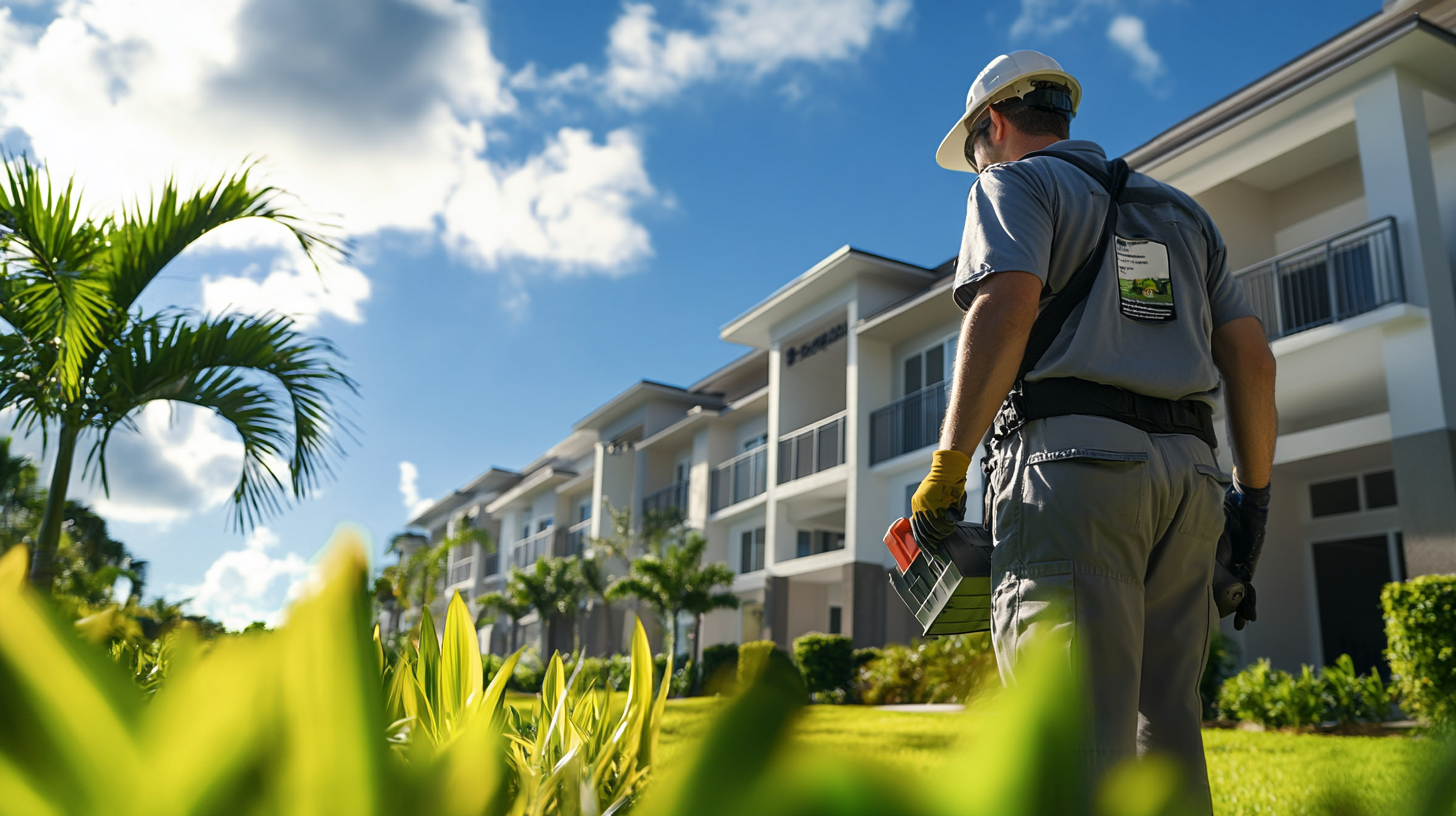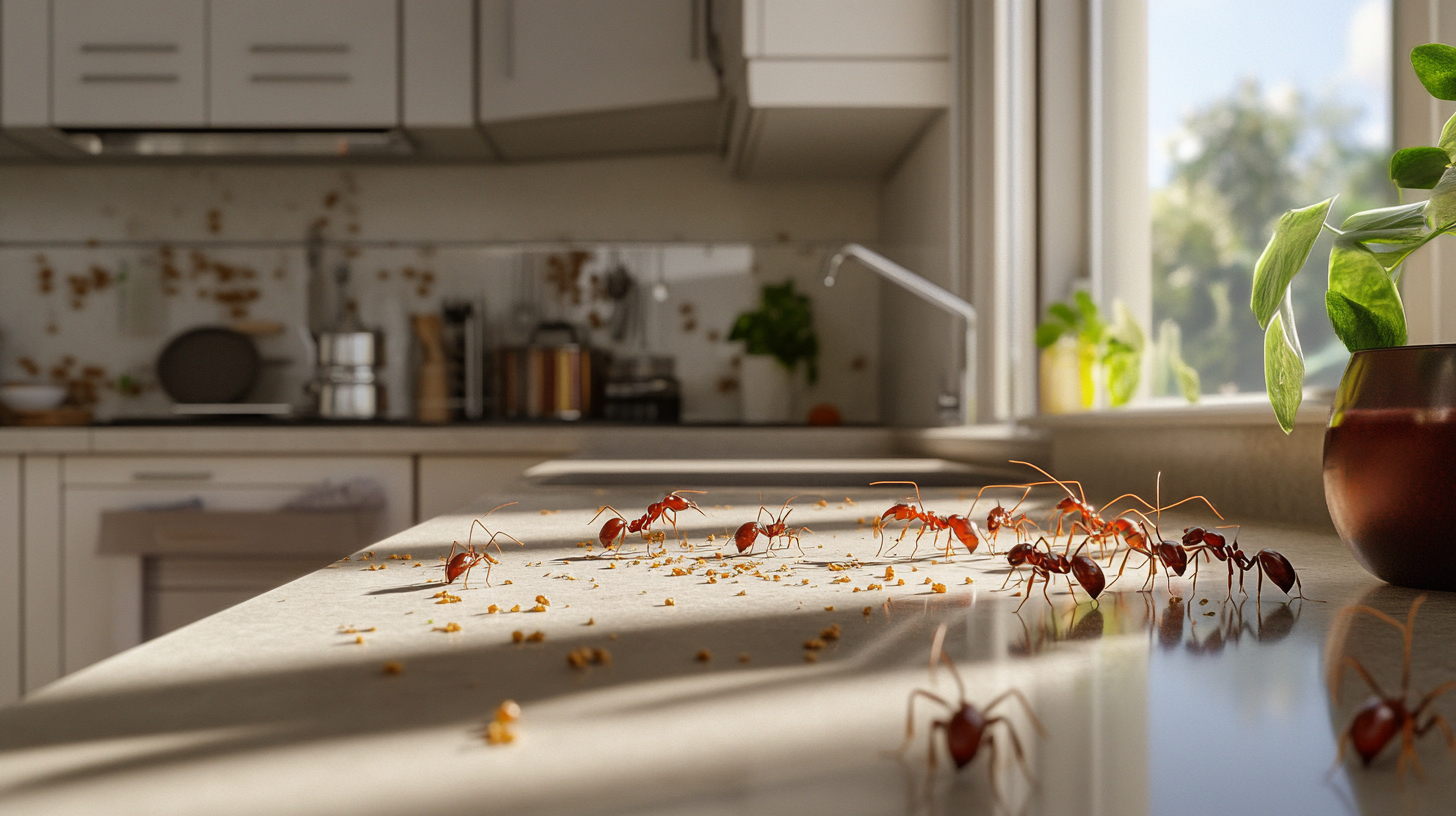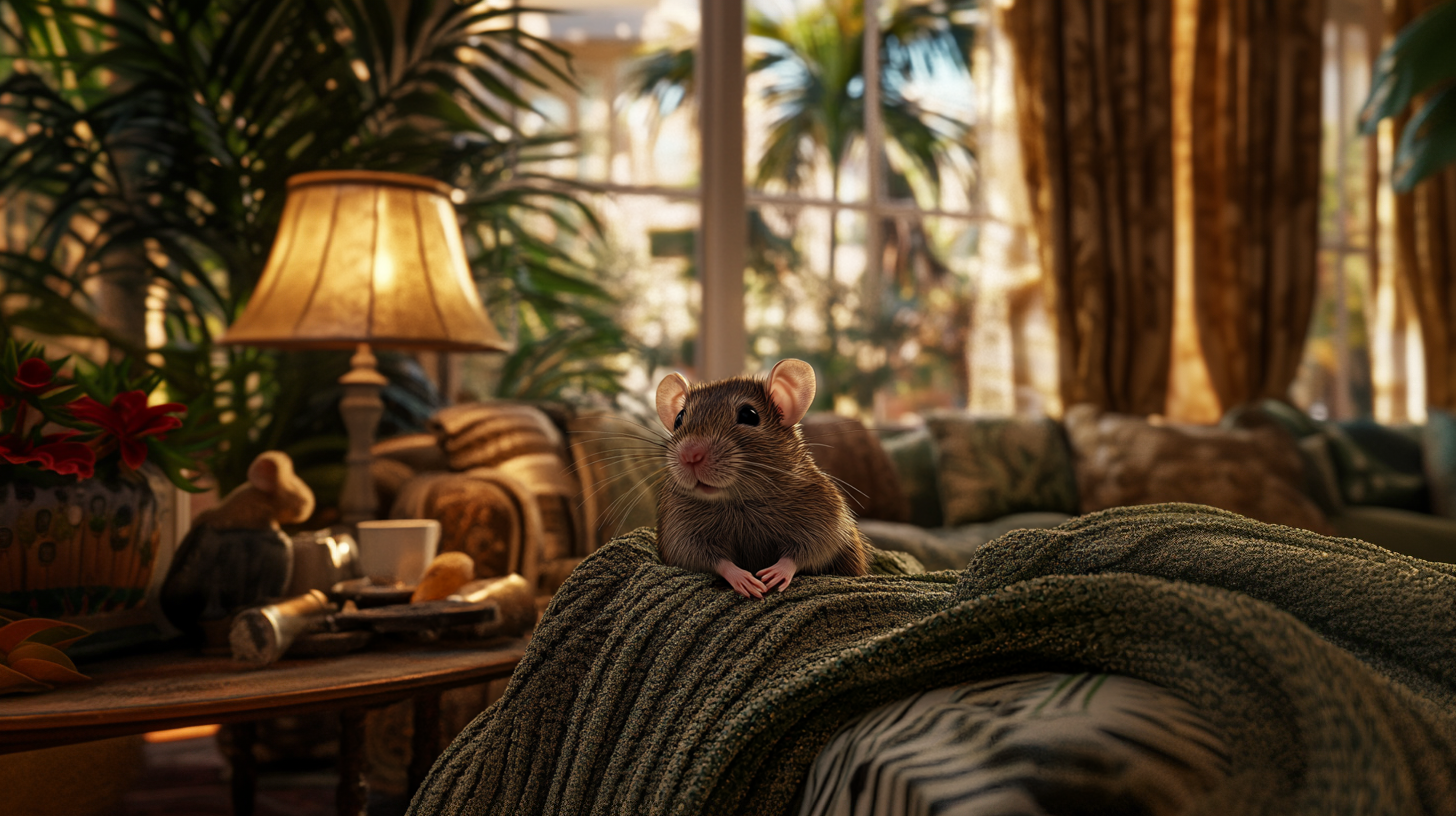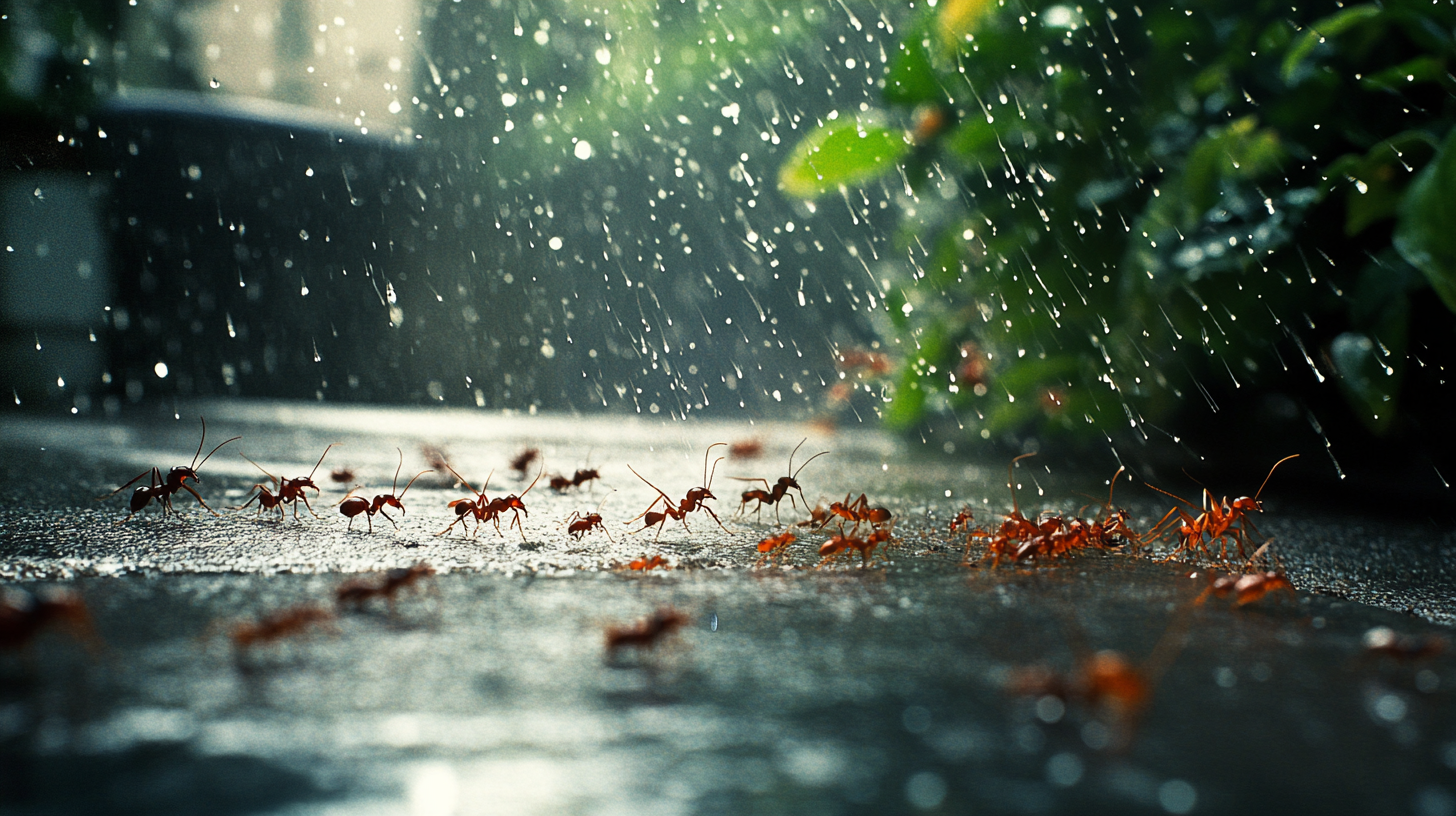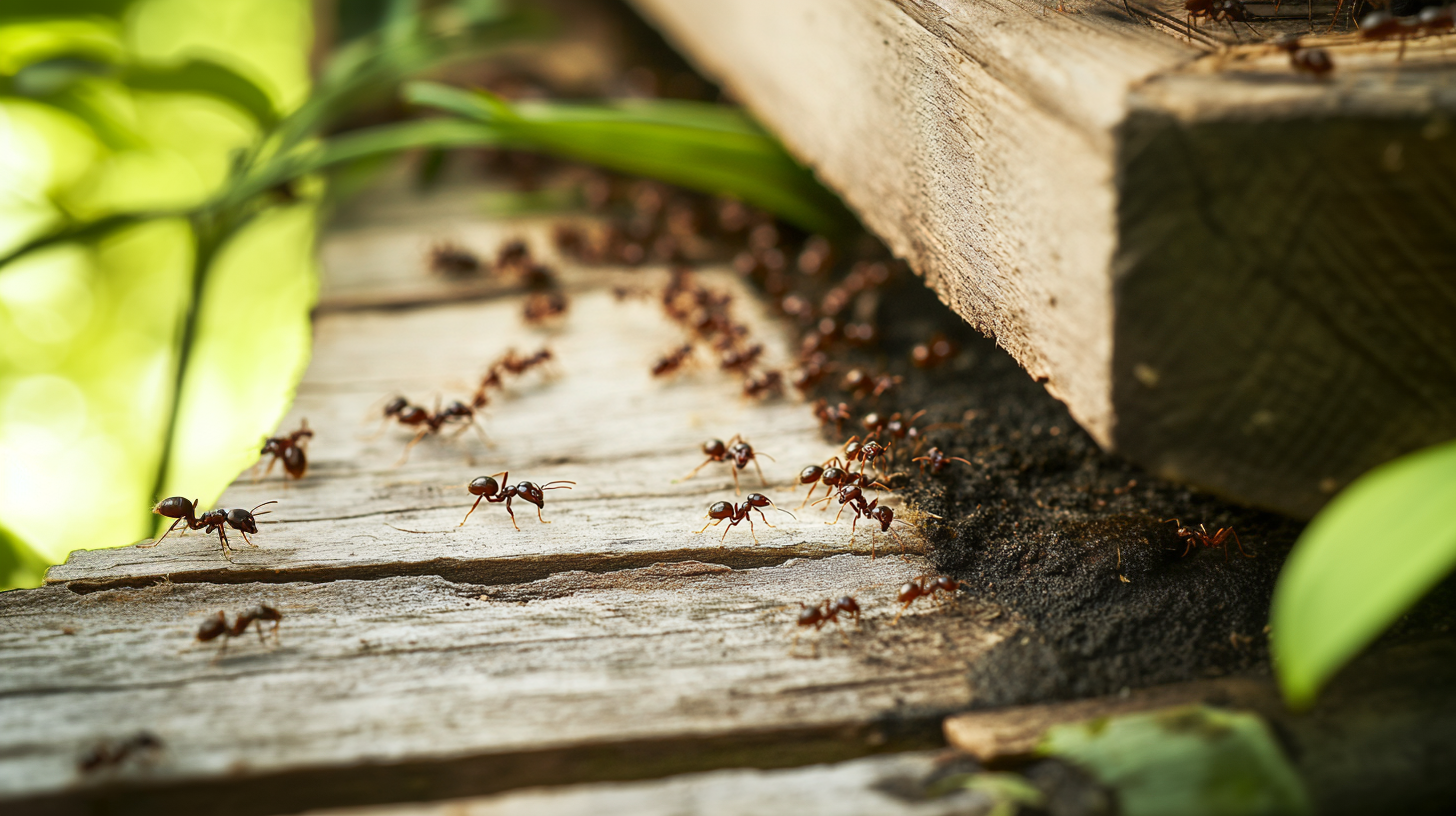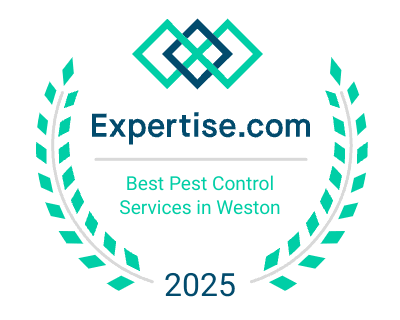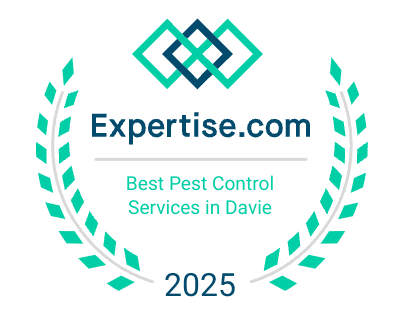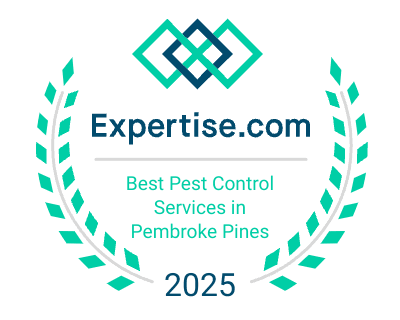As hurricane season approaches, homeowners prepare for the challenges posed by strong winds, heavy rains, and potential flooding. However, an often-overlooked consequence of these storms is their impact on local pest populations. Understanding how hurricanes influence pest behavior is crucial for preparing your home against unwelcome invaders.
The Influence of Hurricanes on Pest Behavior
Hurricanes create conditions that drive pests to seek shelter, food, and safety. Heavy rains and flooding can destroy natural habitats, forcing pests to find refuge in man-made structures. This is particularly common with rodents, ants, and cockroaches. Here's how hurricanes typically impact different pests:
- Rodents: Floodwaters can wash away rodent burrows, prompting rats and mice to move to higher, dryer ground—often inside homes.
- Ants: Flooding can disrupt ant colonies, causing them to relocate to evade rising water levels. These insects may invade homes in search of dry ground and food sources.
- Cockroaches: Seeking warmth and moisture, cockroaches are likely to invade homes during and after storms, especially those with dark, damp hiding spots.
Health Risks of Pest Invasions
When pests like rodents, ants, and cockroaches invade your home, they bring more than just inconvenience and discomfort—they pose significant health risks to you and your family. Understanding these risks underscores the importance of keeping these invaders at bay, especially during hurricane season.
- Rodents: Rats and mice are notorious carriers of diseases such as Hantavirus, Salmonella, and Leptospirosis. These diseases can be transmitted to humans through contact with rodent urine, droppings, or saliva, and even through bites. In addition, rodents can introduce fleas and ticks into your home, further spreading potential illnesses.
- Ants: While ants are less likely to spread diseases, they can still cause health issues. Certain species, like fire ants, deliver painful stings that can lead to severe allergic reactions in some individuals. Moreover, ants can contaminate food supplies, leading to foodborne illnesses.
- Cockroaches: These pests are known to trigger asthma and allergy symptoms, especially in children and sensitive individuals. Cockroaches spread bacteria such as E. coli and Salmonella, contaminating surfaces and food. Their shed skins and droppings can also exacerbate respiratory conditions.
Keeping these pests out of your home is crucial not only for comfort but also for maintaining a healthy living environment. Implementing effective pest control measures will help safeguard your family’s health and prevent the spread of diseases associated with these common invaders.
Preparing Your Home
To minimize the risk of pest invasions during hurricane season, consider these proactive measures:
- Seal Entry Points: Inspect your home for cracks, gaps, or holes in the foundation, walls, and around windows or doors. Use caulk or weather stripping to seal these entry points and prevent pests from sneaking inside.
- Maintain Drainage Systems: Ensure gutters and downspouts are clean and functioning to prevent water accumulation around your home's foundation. Standing water attracts pests like mosquitoes and can lead to structural damage over time.
- Trim Vegetation: Keep trees and shrubs trimmed back from your home. Overhanging branches and dense vegetation can serve as a bridge for pests to enter your property.
- Store Food Properly: Keep food sealed and stored in airtight containers to reduce the attraction of pests like ants and rodents looking for food sources.
- Remove Debris: Clear away any yard debris, such as leaf piles or wood stacks, which can provide shelter for pests seeking refuge from the storm.
Pest Control Strategies
When dealing with pests, homeowners can take immediate action through DIY methods, which can be effective for minor issues. However, for more comprehensive and long-term pest management, professional services should be considered as part of a balanced approach.
- Rodent Control: Use snap traps or electronic traps in attics, basements, and kitchens to capture rodents. Place them along walls where rodents are likely to travel.
- Ant Deterrents: Use bait stations specifically designed for ants. Place them near entry points and along ant trails to attract and eliminate entire colonies.
- Cockroach Management: Apply gel baits under sinks, behind appliances, and in cracks and crevices where cockroaches hide. Use sticky traps to monitor and reduce their numbers.
- Natural Remedies: Consider using essential oils like peppermint or tea tree oil to repel pests. These can be sprayed around entry points and infested areas as a natural deterrent.
- The Role of Professional Services: While DIY options provide quick fixes, they rarely address the deeper causes of infestations. Engaging professional pest control services with routine maintenance ensures thorough inspections, early detection of potential issues, and preventive treatments that keep your home pest-free in the long run. Professionals offer peace of mind with their expertise and tailored solutions that mitigate the risk of recurring infestations.
By combining DIY methods for fast intervention with professional services for comprehensive care, homeowners can effectively manage pest problems and maintain a healthy, comfortable living environment.
Understanding Pest Behavior Changes
Hurricanes have a profound effect on pest behavior, primarily due to the dramatic changes in their natural habitats. When hurricanes strike, intense winds and flooding often destroy the environments that pests call home, forcing them into survival mode. This displacement creates a ripple effect, altering pest behaviors in ways that significantly impact homeowners.
- Aggressive Search for Shelter and Food: The stress of relocation compels pests to become more aggressive in their quest for new shelter and food sources. For instance, rodents, like rats and mice, which typically reside in burrows or natural cover, are forced to seek refuge in homes and other man-made structures. Their desperation can lead to increased activity and sightings in areas where they might not typically venture.
- Increased Competition: The upheaval of ecosystems due to hurricanes not only displaces pests but also intensifies competition among species. With their usual food and shelter options wiped out, pests like ants and cockroaches are driven to urban areas, which can offer more stable resources. This influx leads to heightened competition for the limited resources available, further compelling pests to invade human habitats.
- Behavioral Shifts in Specific Pests: Certain pests exhibit notable behavior changes during and after hurricanes. Ants, for example, may form "rafts" by linking their bodies together to survive floodwaters, only to later invade homes en masse in search of dry ground and sustenance. Cockroaches, which thrive in dark, damp environments, may become more active indoors as they seek out moisture and warmth displaced by storm conditions.
These behavior changes underscore the importance of understanding and anticipating pest movements during hurricane season. Homeowners may notice a surge in pest activity, with insects and rodents exhibiting unusual patterns as they adapt to their changed environments. By recognizing these shifts, residents can proactively implement measures to safeguard their homes, ensuring that they stay one step ahead of potential invasions.
Conclusion
Recent hurricanes, such as Helene and Milton, have significantly disrupted Florida's natural ecosystems, driving pests to adapt their behaviors and aggressively seek shelter and food in urban areas. This sudden influx of pests into homes elevates the risk of infestations and brings potential health hazards, as these invaders can carry diseases and allergens that endanger your family's safety. Understanding these changes is essential for homeowners looking to protect their properties during hurricane season.
For homeowners in South Florida looking for expert assistance, contact Professional Pestguard. With over 40 years of experience serving Weston, FL, and surrounding areas, we provide top-notch pest control solutions tailored to your needs. Let us help you weather the storm and keep pests at bay. Call us today at (954) 389-6107 or request a free quote. Trust the professionals at Professional Pestguard to safeguard your home and give you peace of mind.
